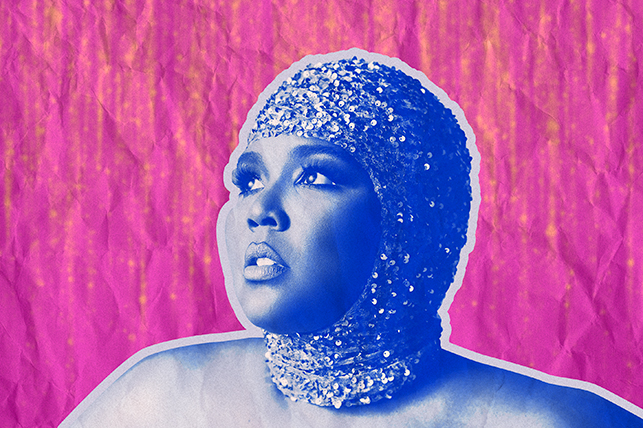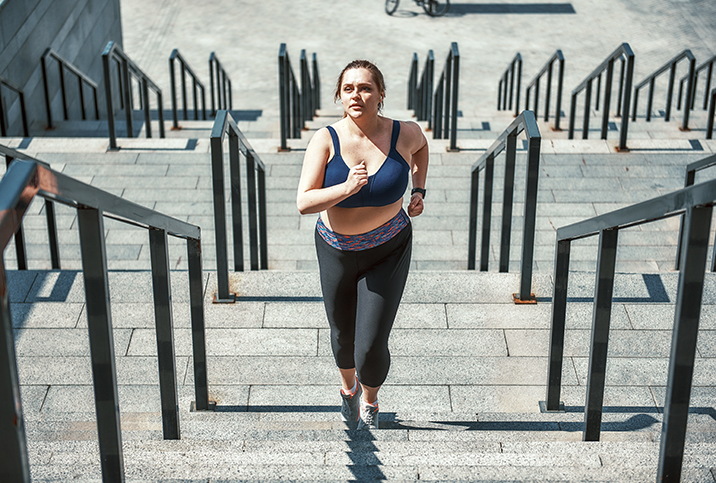Lizzo Speaks Out Against Social Media Body Shaming

Lizzo, a longtime champion of self-love, voiced exasperation at the storm of body shaming circulating on social media.
"The discourse about bodies is tired," declared the bikini-clad rapper in a Jan. 6 Instagram video filmed beachside.
"I have seen comments go from: 'Oh, my gosh, I liked you when you were thick. Why did you lose weight?'; to 'Oh, my gosh, why did you get a BBL? I liked your body before,'" she said. "'Oh, my gosh, you're so big. You need to lose weight, but for your health'; to 'Oh, my gosh, you're so little. You need to get ass or [breasts] or something'; to 'Oh, my gosh, why did she get all that work done? It's just too much work.'"
She paused, before asking, "Are we OK? Do you see the delusion? Do we realize that artists are not here to fit into your beauty standards? Artists are here to make art."
The rapper gave a sultry shimmy as she added: "This body is art."
In a sea of posts reinforcing societal beauty ideals of thinness, Lizzo's body-appreciating video is more than just a refreshing change of pace. According to a new study by researchers in Australia and England, following social media pages that celebrate body positivity—the acceptance of diverse body sizes, shapes, colors and abilities—can improve self-image. The research suggests that displaying an array of body types on the internet is an effective "micro-intervention" for reducing the negative impact of social media on young women.
The 14-day study involved 159 women between the ages of 18 and 24 who reported spending an average of two hours on Facebook per day. Researchers instructed participants to follow a Facebook group with body-positive content, follow a Facebook group with content unrelated to looks or use Facebook as normal.
Over the two-week study, participants following the body-positive group reported improved body image and fewer body comparisons. Participants who followed the appearance-neutral Facebook group also reported a decrease in poor body image.
"We see this strategy as a micro-intervention, a small change we can make to improve people's experiences on social media and how they feel about themselves in everyday life," said Jasmine Fardouly, Ph.D., lead author of the study, in a statement. "In the current study, just one post a day was potentially enough to induce positive effects. More exposure may be even more effective."
Other interventions, such as pausing social media use, have been found to be powerful in reducing negative impacts on mental health. A 2021 study of college students who took a break from social media for up to seven days indicated most participants experienced improvements in mood, productivity and sleep.
Still, such "digital detoxes" are unlikely to be sustained—particularly by young people—according to Fardouly.
"It's very unrealistic to expect that adolescents will stop using social media altogether, so it's not an effective long-term strategy," she said. "Social media isn't going away. But as we've shown, it's also not really the time you spend on it, it's what you're doing when you're on it."


















